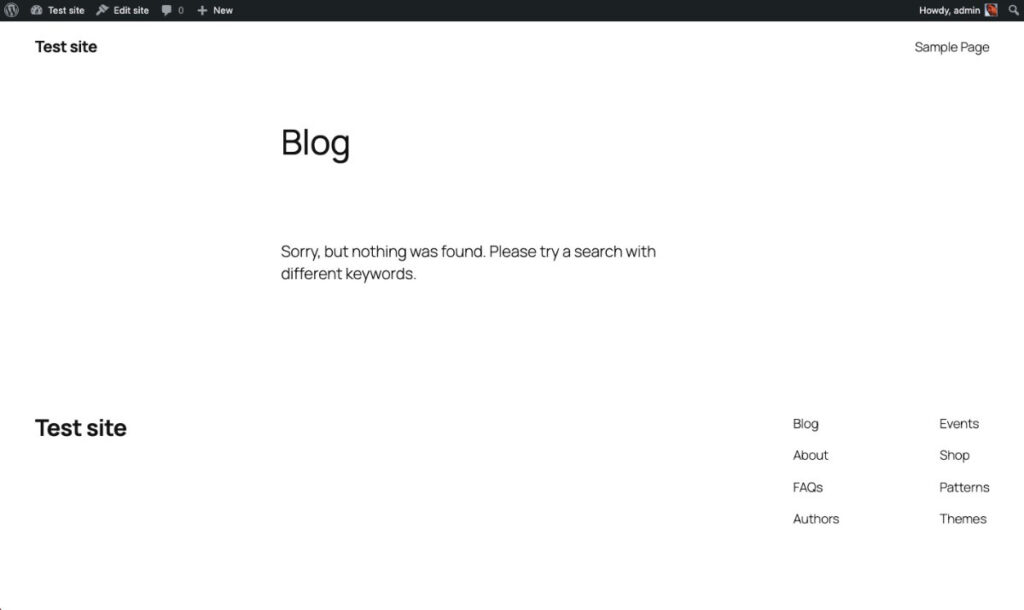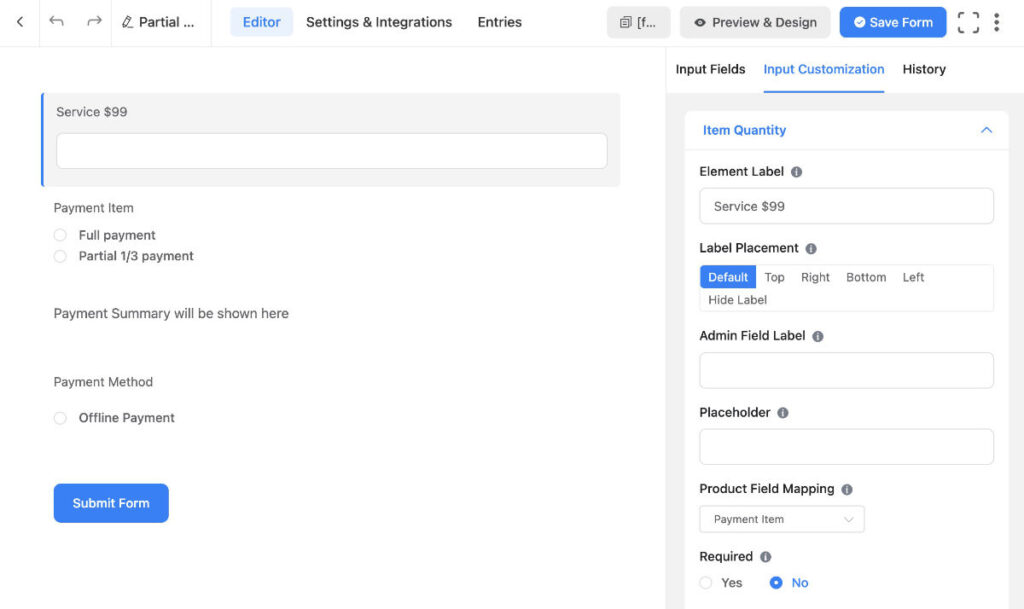Test out a new Gutenberg feature before it has been added to the plugin.
Testing a Pull Request (PR) gives us a chance to give feedback before the feature is merged into the Gutenberg plugin. There are two easier ways to test out a Gutenberg Pull Request that does not require one to setup a local development environment.
1 – At http://gutenberg.run/ one can insert the PR number and wait to have it loaded. (Hopefully it will work.)
2 – The next option is downloading a special version of the Gutenberg plugin which includes the PR one wants to test.
I will focus on option 2 as it requires a few steps to be able to download the PR build version of Gutenberg.
Quick start instructions.
Find a Github Gutenberg PR you want to test out.
Along the tabs just below the PR title. To the right of the active Conversation tab is the Checks tab.
Click the Checks tab.
Along the left side is a sidebar containing various links. Scroll until you find Build Gutenberg Plugin Zip.
Click the Build Gutenberg Plugin Zip.
Scroll to the bottom and click the gutenberg-plugin link. The Gutenberg plugin is then downloaded.
(On a Mac) Double click to unzip. There is one zip within another zip. Both are uncompressed.
Right click and choose to compress the uncompressed folder back to a zip.
Upload the Gutenberg plugin zip to a test site and test out the PR.
Add a comment in the PR if the Build Gutenberg Plugin Zip is not available in the Checks tab. As it happens on occasion that the PR author will need to adjust some code to make it available.
An automated solution is being worked on: https://github.com/WordPress/gutenberg/issues/28881
If you happen to come across any errors after activating the special Gutenberg plugin. Then there might be errors present. One can turn off these errors by adding the following to the wp-config.php file:
https://wordpress.org/support/article/debugging-in-wordpress/#example-wp-config-php-for-debugging
(It would also be great to report the errors noticed.
// Disable display of errors and warnings
define( 'WP_DEBUG_DISPLAY', false );
@ini_set( 'display_errors', 0 );




